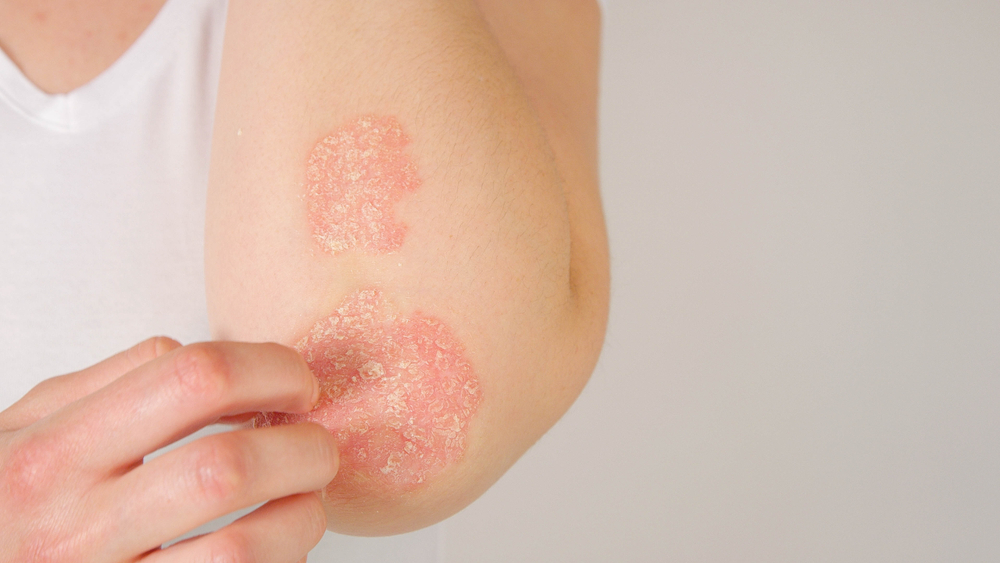When is it time to see a dermatologist?
Your skin does much more than you think. It protects you, regulates temperature, and reflects changes in your overall health. While many people rely on lotions or home remedies, some skin conditions require professional care. Here are the most common signs that it’s time to see a dermatologist.
Acne That Won’t Go Away
If you’ve had acne for months or years and it hasn’t improved with over-the-counter treatments, you should see a dermatologist. Severe acne can cause scars and affect your confidence. Dermatologists may prescribe stronger creams, oral medicines, or offer treatments like chemical peels and laser therapy.
Odd Moles or Skin Growths
Skin cancer is common, but early detection makes a huge difference. Watch for the ABCDE signs of unusual moles:
- A - Asymmetry: One side looks different from the other.
- B - Border: Uneven or jagged edges.
- C - Color: Multiple shades of black, brown, or red.
- D - Diameter: Larger than a pencil eraser.
- E - Evolving: Changing in size, shape, or color.
If you notice these signs, consult a dermatologist immediately.
Skin Problems That Last a Long Time
Conditions like eczema, psoriasis, and rosacea require long-term care. If you experience persistent redness, itching, or flare-ups, a dermatologist can help with prescription creams, oral medications, or modern biologic therapies that target inflammation.
Losing or Thinning Hair
While some daily hair loss is normal, bald spots or sudden excessive shedding should be checked by a dermatologist. Causes can include genetics, hormones, autoimmune issues, or nutrient deficiencies. Treatments may include topical creams, oral medications, or PRP (platelet-rich plasma) therapy.
Changes to Your Nails
Nails often reveal underlying health problems. Watch for thick, brittle, or discolored nails, which may indicate fungal infections, psoriasis, or systemic illnesses. If your nails lift off the nail bed or show unusual streaks, a dermatologist can help.
Recurring Rashes
Not all rashes are simple allergies. Painful, itchy, or persistent rashes may stem from infections, autoimmune diseases, or chronic skin conditions. Dermatologists can run tests and provide targeted treatment instead of just masking symptoms.
Concerns About Skin Appearance
If wrinkles, sun spots, scars, or uneven skin tone bother you, dermatologists can recommend safe cosmetic treatments such as Botox, fillers, microneedling, or laser resurfacing. These ensure natural results tailored to your needs.
Skin Checks to Stay Healthy
Even without visible issues, dermatologists recommend regular skin checks if you:
- Have fair skin or history of sunburns
- Have many moles or freckles
- Use tanning beds
- Spend significant time outdoors
- Have a family history of skin cancer
Regular checkups catch problems early, keeping you safe long-term.
What to Expect at the Dermatologist
During your visit, the doctor will examine your skin and discuss your medical history. They may use a dermato



